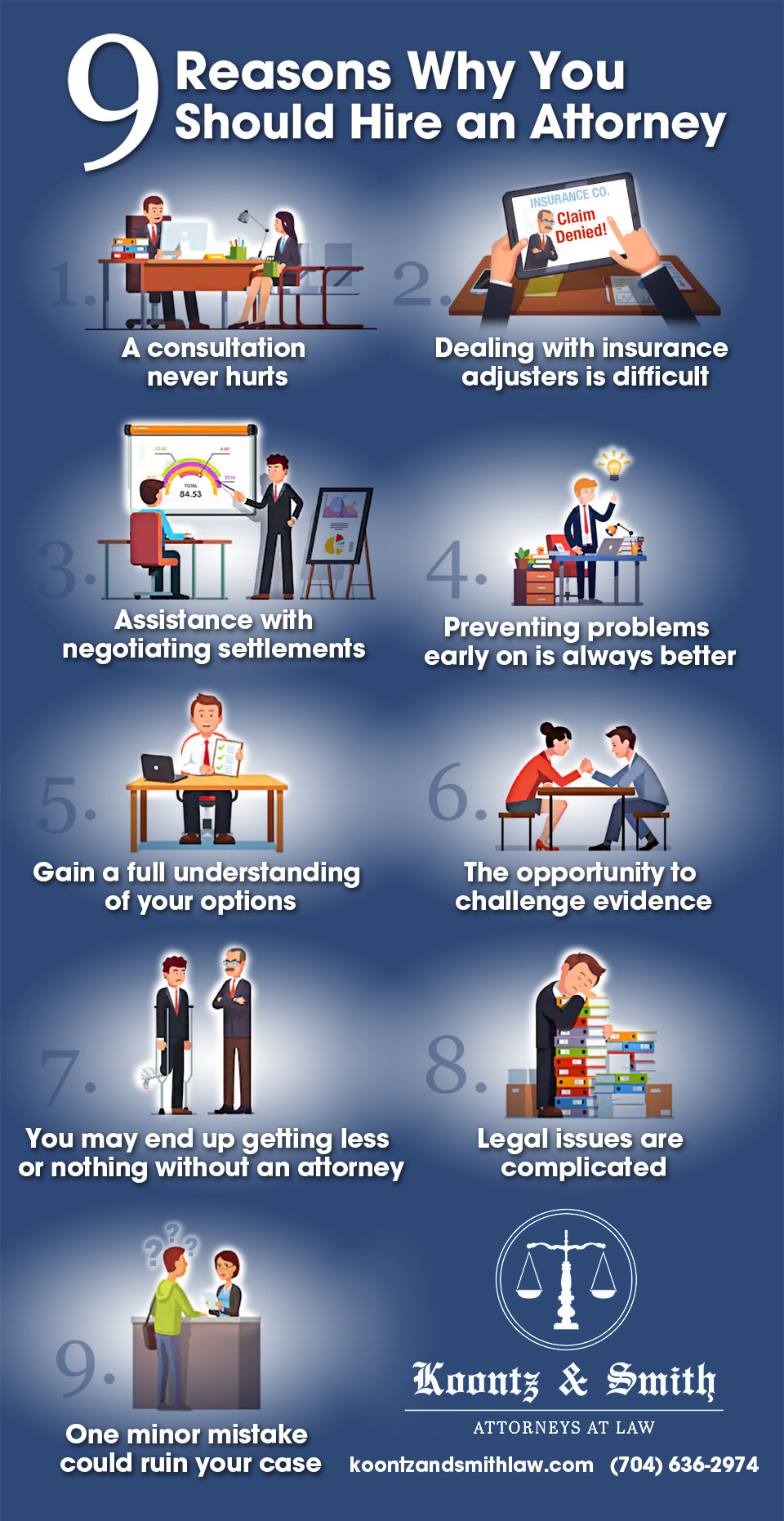The Cost Of Deception: A Financial Evaluation Of White Collar Criminal Activity'S Results
The Cost Of Deception: A Financial Evaluation Of White Collar Criminal Activity'S Results
Blog Article
Writer-Henry Bendtsen
Visualize a beautiful yard, thoroughly nurtured over years, full of lively flowers and rich greenery. Currently, image a flock of dangerous pests calmly penetrating this sanctuary, gnawing away at the roots and flowers, leaving behind a trail of damage.
This allegory aptly records the expense of clerical criminal activity, a sneaky hazard that penetrates our economic situation with ruining effects. As you enter this discussion, prepare to uncover the concealed financial influence of white collar criminal offense and the far-ranging effects that remain long after the perpetrators have actually vanished from the scene.
The Financial Toll of White Collar Criminal Offense
Clerical criminal offense exacts a hefty economic toll on individuals, businesses, and the total economic situation. It isn't just a victimless criminal activity or a small hassle. The effects are far-ranging and disastrous.
When people fall victim to clerical criminal offense, they frequently lose their life savings, their homes, and their sense of security.
Services, on the other hand, suffer large financial losses because of fraudulence, embezzlement, and other forms of white collar crime. These criminal offenses result in decreased earnings, harmed online reputations, and also insolvency in some cases.
In addition, the economy in its entirety experiences as clerical crime undermines trust in the monetary system, minimizes customer confidence, and obstructs economic growth.
The economic toll of white collar criminal offense can not be undervalued, and it's crucial that we take strong actions to avoid and battle this type of criminal activity.
The Erosion of Trust in Institutions
The disintegration of trust in establishments is a consequence of clerical criminal activity that has far-ranging effects for individuals and society. When clerical crimes are devoted by people in positions of power and authority, it threatens the trust that people have in those establishments.
This disintegration of count on can have numerous adverse impacts:
- ** Loss of confidence in the justice system **: When individuals see those in effective settings getting away with white collar criminal activities, it can lead to a loss of belief in the justice system. Individuals might really feel that there's an absence of responsibility for those that dedicate such crimes, which can wear down count on the lawful system.
- ** Reduced self-confidence in banks **: Clerical crimes usually include economic fraud and control. When people or organizations are found guilty of such criminal offenses, it can lead to a reduction in confidence in financial institutions. https://www.capecodtimes.com/story/news/2022/01/21/cape-and-islands-district-attorney-race-gets-two-new-candidates-massachusetts/6598093001/ can have a negative influence on the economic climate as people might be reluctant to spend or rely on these organizations with their money.
- ** Deteriorating of social fabric **: Rely on establishments is a basic column of an operating society. When that trust fund is deteriorated, it can result in a weakening of the social textile. attorney for felony charges might become much more cynical and unconvinced of organizations, which can bring about a break down in social cohesion and cooperation.
Long-Term Economic Consequences
Loss of count on institutions because of white collar criminal activity can have lasting economic consequences.
When individuals and services despair in the honesty of establishments, they might come to be reluctant to spend or engage in economic tasks. This lack of count on can lead to a decline in customer costs, as people end up being much more careful with their money.
Additionally, organizations may be reluctant to create collaborations or participate in contracts, fearing that they'll be capitalized on by unscrupulous individuals.
The lasting financial consequences of this loss of depend on can include slower financial development, minimized task development, and decreased market competition. It's critical for institutions to address clerical criminal offense and restore trust in order to guard the lasting economic wellness of a country or area.
Verdict
Finally, the economic effect of white collar criminal offense is staggering, with consequences that get to far past just monetary losses. It erodes the count on we put in our institutions, leaving a gap that's difficult to load.
Like a relentless storm, clerical criminal offense leaves a long lasting mark on our economic climate, leaving us to face its results for several years to come.
